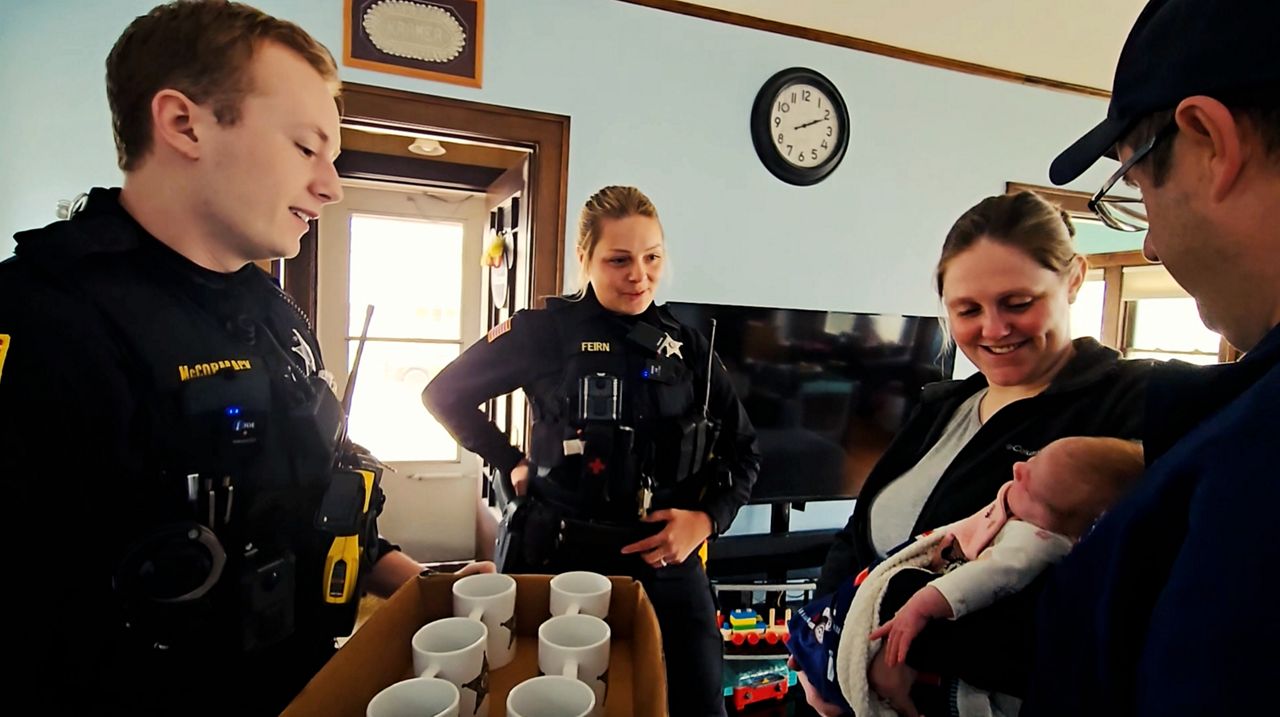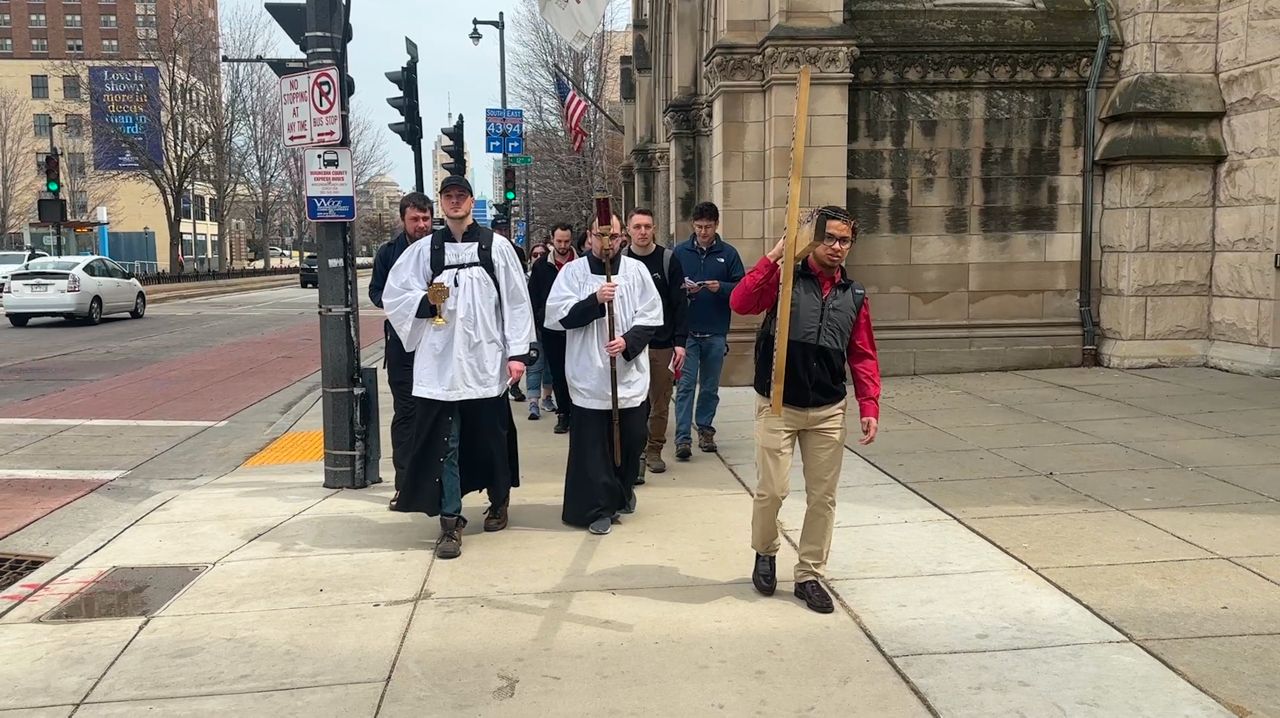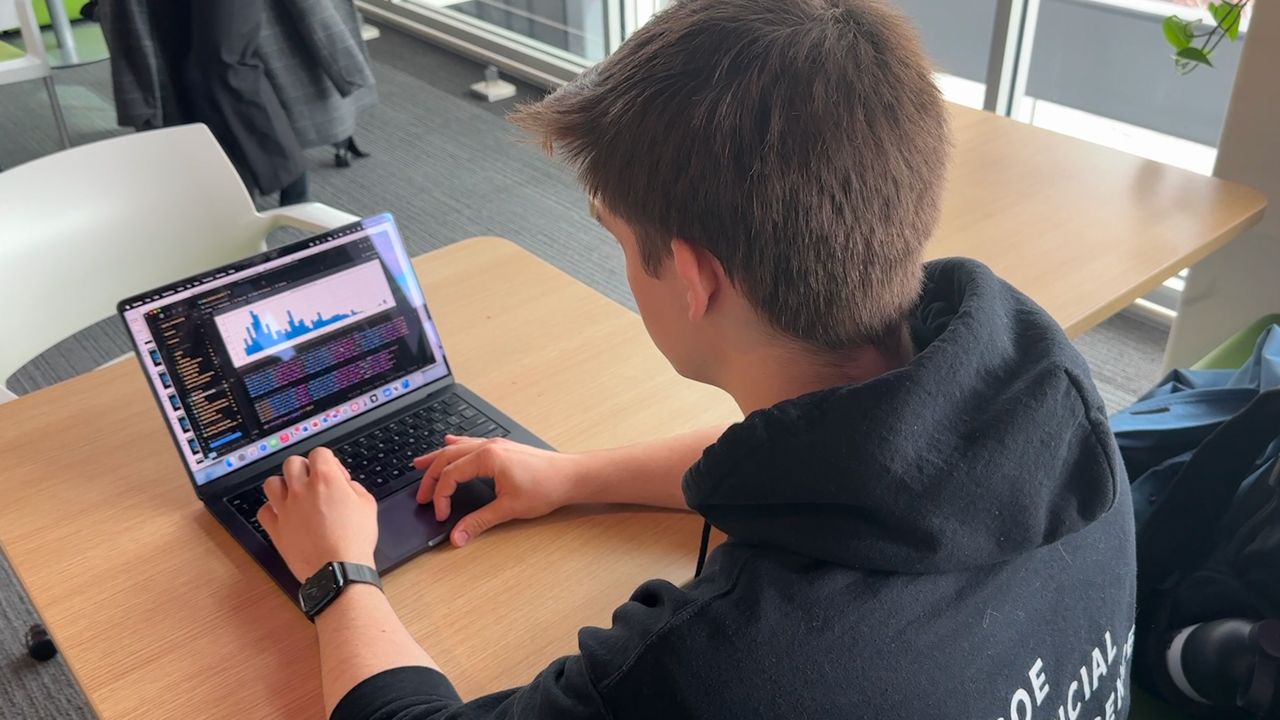MADISON, Wis. — Gary Day, 40, appeared in a Nebraska court Friday. He’s accused of abducting a teenage girl from Beaver Dam, Wis. The teen was found Wednesday – her 17th birthday – at a truck stop near Omaha. She has since been reunited with her family.
The teen, who is pregnant with Day’s baby, was the focus of a nine-week Amber Alert that was initiated on Feb. 3. Around that time, Beaver Dam Police said Day was caught on surveillance video near the teen’s home.
According to investigators, Day and the teen started talking online roughly one year ago.
Groups in Wisconsin that work to raise awareness about human trafficking are using this case to warn parents and communities about the dangers of online grooming.
Grooming is a term used broadly to describe the tactics abusers use to initiate contact and build trust over time to sexually exploit children.
“The perpetrator in the white van outside of your house is now inside of your house and has easier access to your kids,” said Kasia Klaus, the executive director of Awaken Wisconsin, which offers support for sex trafficking survivors.
Klaus said it’s because more kids than ever before have access to the internet right in the palm of their hands.
“It can be media platforms, gaming apps, messaging apps and then even some educational forums,” she said.
Tracy Sheffler is the founder of 5-Stones Dodge County, an all-volunteer organization working to educate youth and adults about sex trafficking, by giving presentations at schools, youth group meetings, churches, medical facilities and social service organizations.
“We need to explain to kids that you don't know who you're talking to online, and you have to always assume that they're not who they say they are, unfortunately,” said Scheffler, who shared how adult predators manipulate the relationship. “You present yourself as someone who can enter into any vulnerabilities. Like if you're angry, I will come alongside you on that. If you're a little bit lost or lacking something, I will present as I'm going to fill in those needs or those desires.”
She said online groomers will often try to separate their target from family and friends. They will use phrases like, “It’s just us against the world,” and, “Nobody understands you like I do.”
“Those types of statements that are meant to make the world small for them, start shutting out other people, and make that world for the two people small,” Scheffler said. “That should be a red flag.”
She also pointed out that there are often noticeable signs that a child is being groomed. They may start showing signs of isolation, anxiety and depression. They may become more secretive and reliant on their phones or computer.
Scheffler said the key is having open conversations with children about the dangers.
Klaus said there are resources out there for help. For example, an app called Bark, allows an adult to monitor and restrict their child’s internet usage, and what they have access to online.
“Anything that can prevent inappropriate conversations, exposure of pictures, all of that,” Klaus said. “If parents can get eyes on those as soon as possible, it can be better addressed.”












